This week's Humans of Agriculture posts are sponsored by Cargill. I thank them for their support of my blog and their work towards diversity in the workplace. To read more about Cargill's commitment to diversity check out their website HERE.
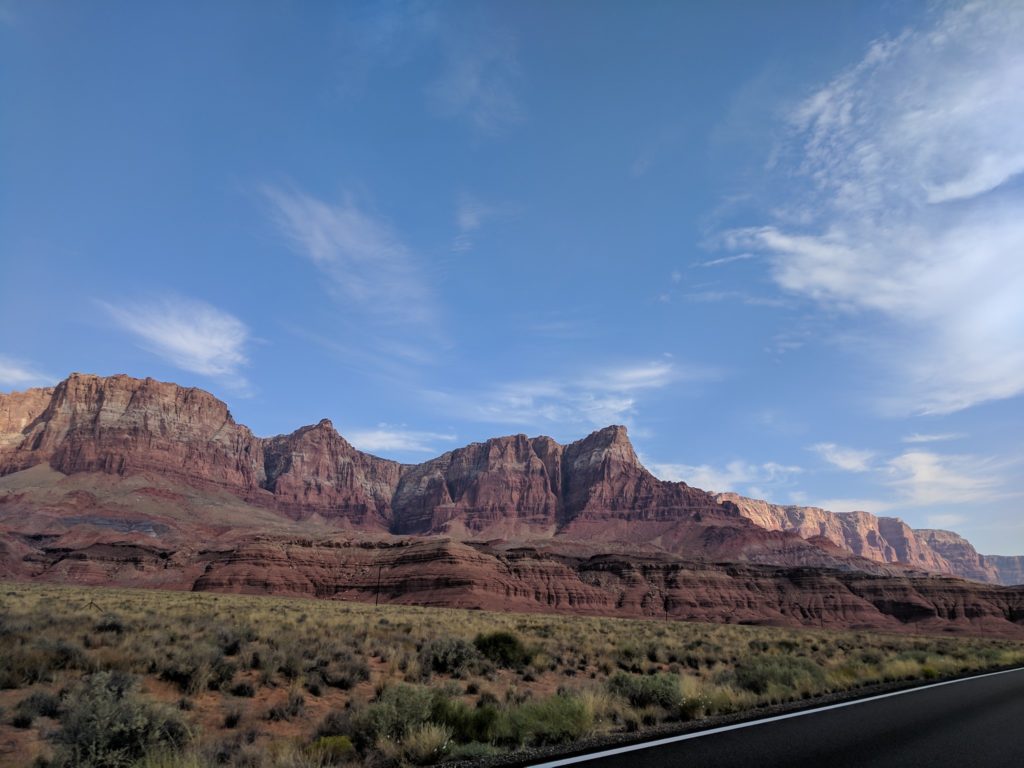
"It took some time. But really, it's still taking time. Every time I hear someone's story of coming out, it makes me realize that maybe other people might feel like this, too.
Growing up in rural America, in the heart of the bible belt, It was always taught that being gay was a sin, morally wrong, and socially unacceptable. As a kid, I was bullied for being different - not because of sexual orientation, but because I made the grades in class or succeeded where others had failed. It made me retreat and run. I didn’t want to be part of that.
Working in agriculture communities we’re surrounded by some the best, most passionate people in the world. It’s a mostly-conservative demographic who can be stigmatized as slower to adapt to social change. But the truth is, we’re an incredibly diverse community. Not only by age and gender, but also by race, wealth, experience, and yes, even sexual orientation.
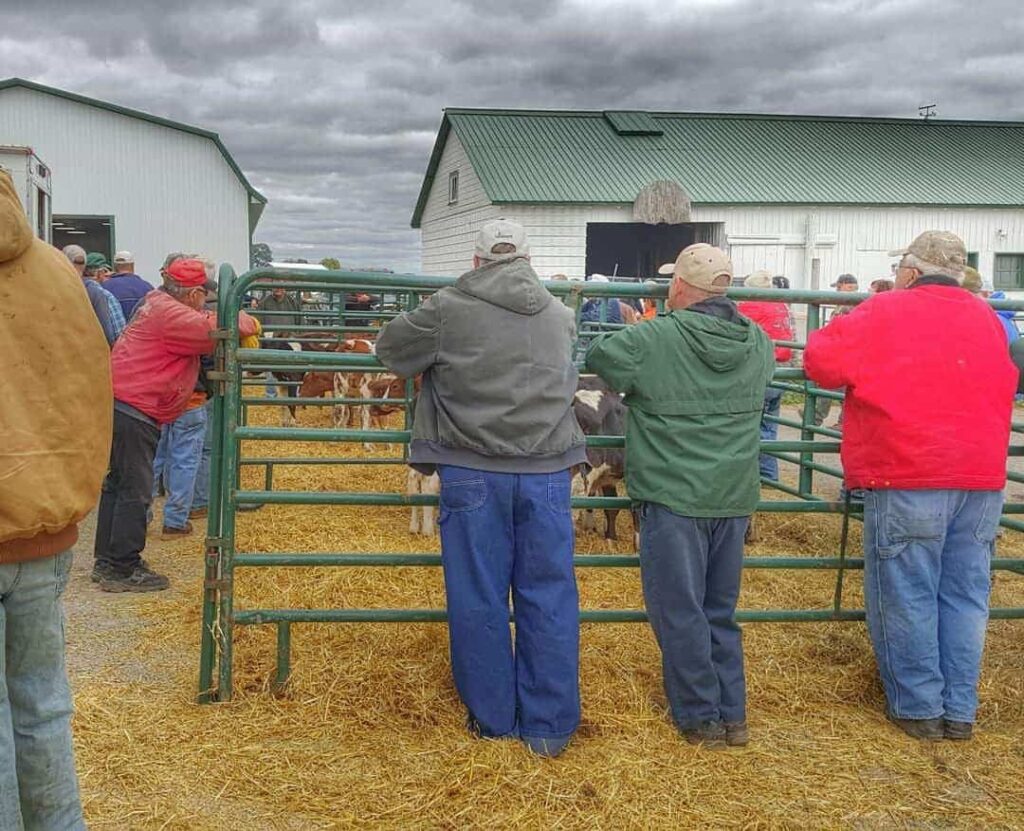
Being in these predominantly tight-knit agricultural communities, you hear people talk. We all hear it and it's amazing sometimes what is said when people don't realize who is in the room.
Whether it is the passing of remarks, the offhand jokes, or even the closed minded people around us it mentally and emotionally begins to hurt when people are not called out for the things that are being said. Those people make it difficult to be honest with everyone.
While there are many examples of positive, accepting, and kind people in our world, it's the negative that continues to haunt us. It's easy to live in fear of what might happen if we were to be completely transparent when sharing our stories. It's easy to fear being different.
Part of coming out is being honest and accepting of yourself. Living your authentic life, as they put it. That’s different for everyone. It's not easy being honest with myself when those stigmas exist. What will people think? Those gay stereotypes don’t represent who I am. I haven’t changed, but will our friendship or business relationships come to an end?
Every time I share a piece of my story with someone new, it's a weight off my shoulders. We all want to have close friends and family. But hiding a part of who I am, afraid someone will notice and react poorly, is exhausting. In the past, it has distanced me from almost everyone I know. I don’t want that reluctance and hesitation to be part of my life.
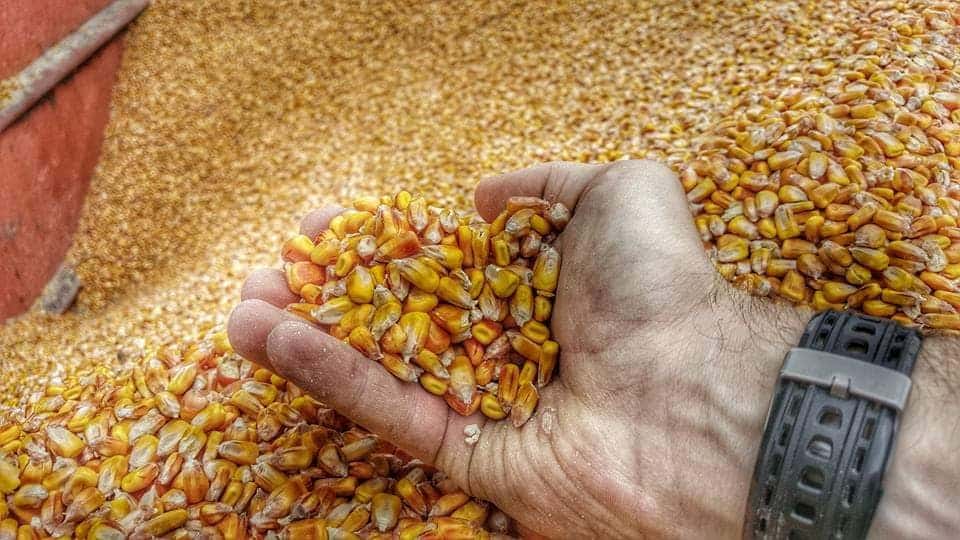
Last year, I realized there are others out here. I’m not alone. In fact, there are many in agriculture like me. And that, that is a huge relief. It gave me the courage to be more honest with myself and to open up to my closest friends. Maybe the biggest surprise was their acceptance of the story I had to share. And today, our friendships are stronger for it.
While there are some people who will never accept the diversity in our community, we all have hard times. We all have characteristics and experiences that make us different, be you straight or LGBTQ+. I believe that strength in diversity is something that will one day be embraced by the majority. We’d be stronger communities for it.
Words cannot express how thankful we should be for friends like Carrie who are willing to start these conversations.
So, for those in our agriculture communities who are unsure, who are afraid of what might lay ahead, just know you're not on this road alone. You can rest assured that others feel like this too."
Humans of Agriculture is a series of posts here on my blog that share the real life stories of those involved with agriculture. You can see previous Humans of Agriculture posts by clicking HERE.

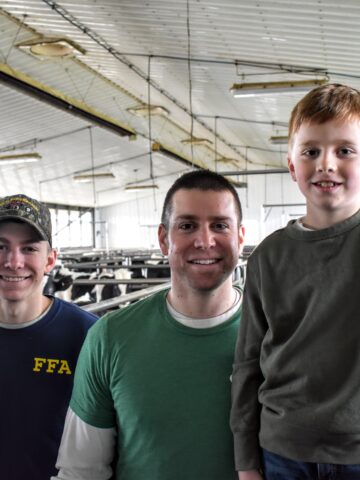
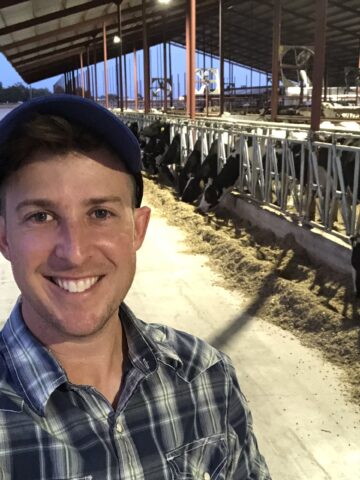
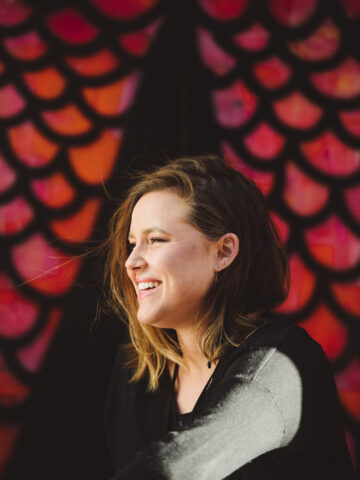
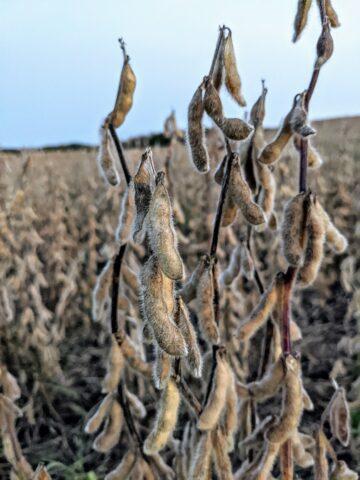
A Mother
It is very difficult for me because I truly don’t care. And yet, I understand that people need support. There are people who DO care. I well remember years ago when we were getting a new 4-H agent. An influential 4-H mother came to me and whispered, “I think that guy is gay.” She was obviously looking for support for a protest. My response was a simple, “So?” And I heard, “But aren’t you worried about your children?” “No.” The matter died. No protest. He’s a wonderful agent. I don’t think that he’s ever come out. His private life is private. I respect that. If he desires to come out, I will probably say something like, “Oh, that’s interesting.” But I am torn. I don’t want to wear a t-shirt that says “I support gays.” But I’d hate to have someone feel that they had to hide who they were around me–unless they’re a serial killer, or an animal abuser, or a child molester. I don’t want to hear about anyone’s sex life.